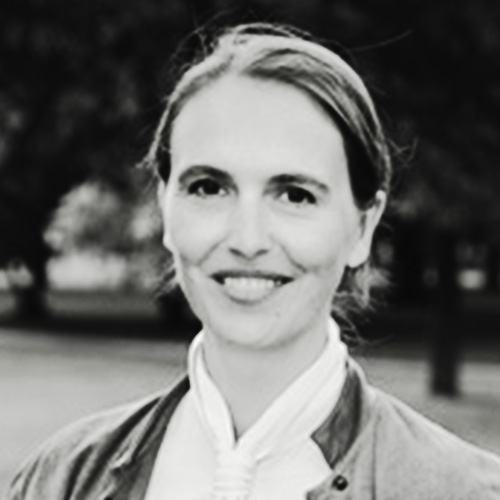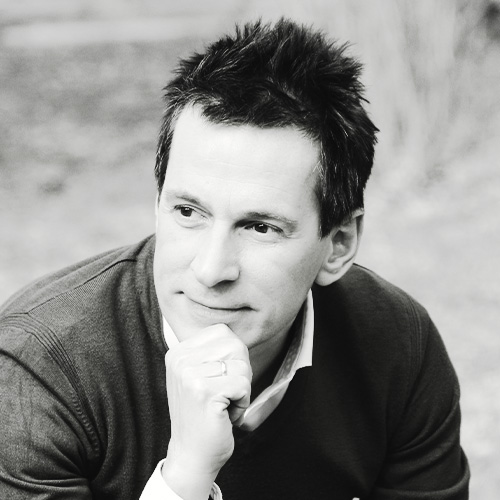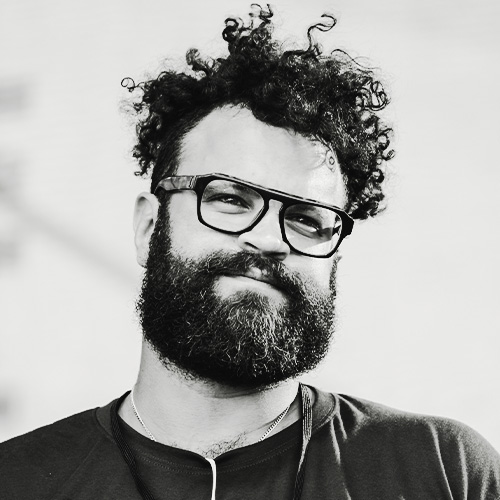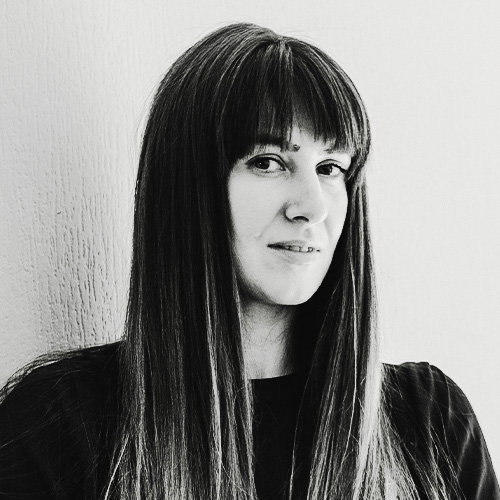The big cultural events took the worst blow of 2020. The festivals had to find a way somehow to transmit a shared live experience into the digital world. Some of them tried hard and managed to turn the crisis into an opportunity. For others, this transition was impossible.
The big events are big machinery. They involve many businesses and improve the environment not only in cultural and social means but also economically. What would be the impact of the digitalization on the local scenes? And, by the way, do we have enough open spaces in our cities for the future’s live events?
While all borders were closed, the international audiences could not fly to attend any foreign event. But maybe it’s time to start thinking about this – do we need to travel all that much, putting at risk the health of us humans and the planet herself?
2021 already looks better than 2020, but will it be easier for the cultural sector? Or the real transition to new models of creating, promoting, and consuming culture is still ahead of us?
Three event managers discuss those questions. It’s a given for their job to be great at risk management, but a crisis like this demands something more than a lot of experience and a lot of knowledge. It pushes you into a world we haven’t yet built.
Participant

Josephine Michau
Co-founder and director of the biggest Scandinavian event for architecture, Copenhagen Architecture Festival, held yearly in the cities of Copenhagen, Aarhus and Odense. It’s a platform for research, discussion and dissemination of urban challenges, aiming to inspire, engage and increase public awareness of how architecture shapes our lives, and the other way around. The outstanding programme of the event establishes Josephine as a skilled cultural entrepreneur with 10 years of experience in film distribution and exhibition curating.
Participant

Nayo Titzin
A very active and creative personality, he is the founder and artistic director of Master of Art film festival, which presents a varied selection of documentaries about all forms of art. Nayo is a graduated pianist, who also studied cinematography at the University of Southern California. He is skilled in photography and journalism, has his own production company Spotlight together with film director Dimitar Kotzev-Shosho, and works with French record company Harmonia Mundi to release DVDs of music documentaries.
Participant

Petar Dimitrov
A to JazZ is his own star in the events calendar of Sofia. Every summer since 2011, this open air festival takes over one of the central parks in the city for three days, and gives the stage to jazz musicians from the Balkans and the world. Before this endeavour, Petar used to work for the media festival in Albena, co-organized a cultural broadcast for the Bulgarian National Television and hosted a music show at Darik Radio. He is a trumpet graduate from the Musical school, situated near the Doctor’s garden in Sofia, where he held his first A to JazZ.
Moderator

Ina Valkanova
Architect and Urban Planning Consultant, Ina is a member of the GRADOSCOPE collective. She completed her architecture studies in RWTH Aachen and Berlin University of Arts, and is now taking her Doctor’s degree in ETH Zürich, researching Trakia Economic Zone in Plovdiv with the team of Newrope. Ina has worked with Alvaro Siza in Porto and Benthem Crouwel in Amsterdam, she was the investment and innovation coordinator of Vision Sofia 2050, and has also given lectures at the Architecture weeks in Copenhagen and Belgrade.